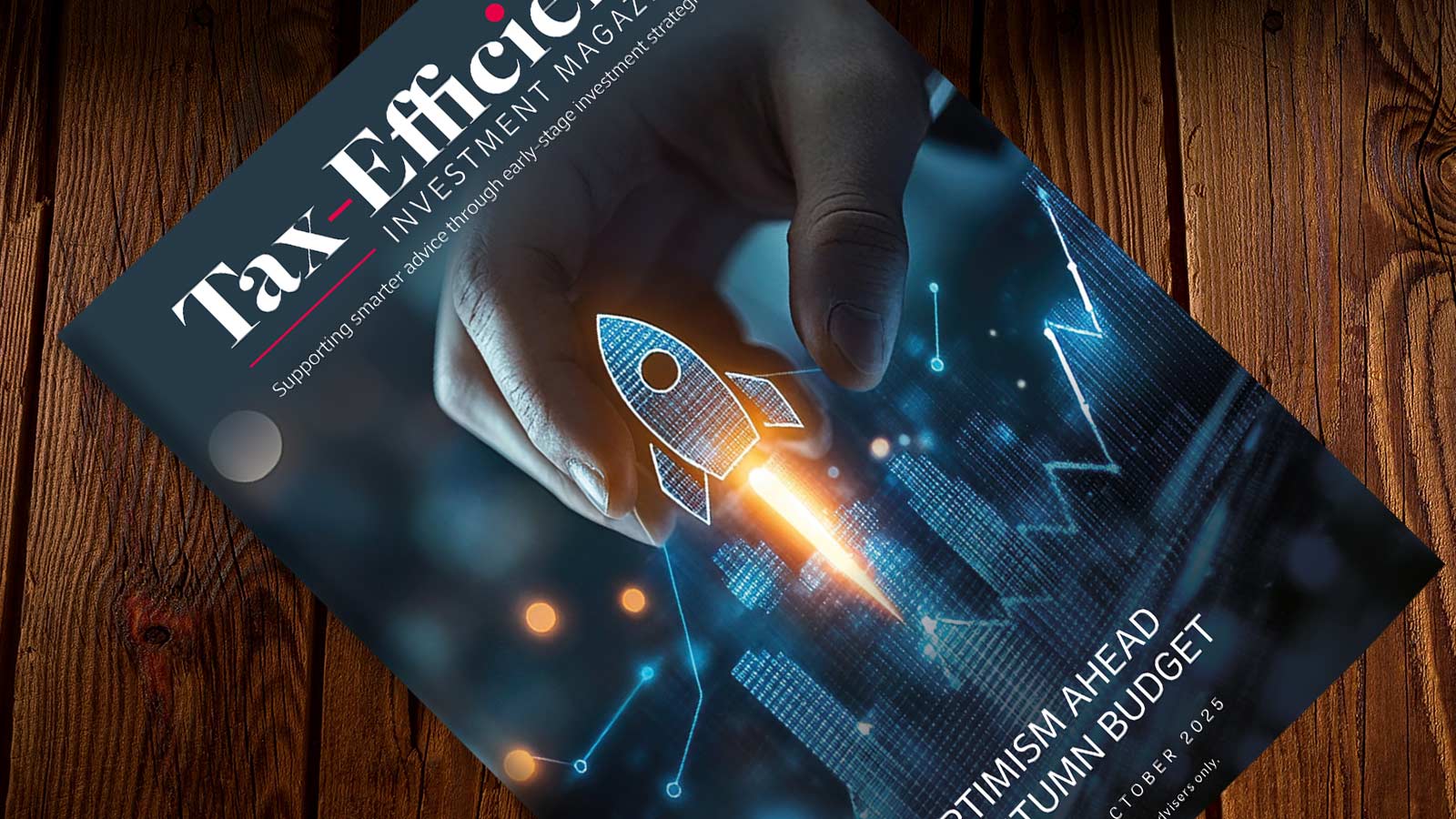Last month’s spring budget saw a number of interesting policies and changes made by Chancellor Jeremy Hunt. However, none were as surprising as the alterations made to the pension lifetime allowance.
The Chancellor announced that he was removing the pension lifetime allowance charge and increasing the pension annual allowance to £60,000 per year.
At IFA Magazine we wanted to know how the industry reacted to the pension lifetime allowance and annual allowance being increased and how they think it will affect clients’ appetite for EIS or VCT investment?
We asked industry experts for their views:
Samuel Mather-Holgate, Independent Financial Advisor at Mather and Murray Financial: “VCTs and EISs are a great way to claim back income tax for those who have utilised their annual allowance in full. Now this has been increased by 50% to £60,000 there will be an impact on the amount of money going in to other investments. However, the sector is growing, adapting and developing and its and exciting time to be advising in this sector.”
Steven RoweDirector at Lucent Financial Planning: “VCT / EIS investments are a great way to reduce your tax bill with 30% tax refunds, but they are not generally as tax efficient as pensions. With increased annual allowance of £60,000, where likely only higher earners will be able to, potentially getting 45% or even 60% tax relief if the pension contribution saves the personal allowance. Pensions would generally be advised first because of that, lower charges and wider diversification of investment they enable. What’s great about VCTs etc is the tax free income stream they offer, which is good if will be higher income tax rate payer in retirement. For this reason, they will still be a useful tool. Reinvestment of the tax free dividend would also get another tax refund of 30% – a virtuous circle.”
Wes Wilkes, CEO at Net-Worth NTWRK: “VCT’s & EIS’s offer fantastic tax incentives with 30% income tax relief on the amount invested. With the new annual allowance of £60,000 rather than £40,000, this may redirect a proportion of the funds flowing to VCT & EIS investments back into pensions as the more tax-efficient vehicle overall, however, working alongside pensions now with the removal of the lifetime allowance, there are some additional opportunities and use cases for VCT’s in particular for high net worth clients.”
Paul Donoghue, CEO at Concept Financial Services: “The recent increase of the pension annual allowance from £40k to £60k is expected to have a modest impact on the investment decisions of high earners who are seeking to mitigate their income tax liability, particularly if they have previously maximised their pension contributions within the prior limit. While this change could result in marginally reduced investment in Enterprise Investment Schemes (EIS) and Venture Capital Trusts (VCT), the most significant impact will likely be felt by clients who have already reached their lifetime allowance and therefore turned to VCT and EIS investments as an alternative. As this restriction is now abolished, such clients can now prioritise pension investment and consider VCT or EIS once the annual allowance has been exhausted.
“Another notable benefit is that clients earning over £100k can now reclaim their personal allowance with pension investment, which is not possible with VCT or EIS.”
Philip Dragoumis, Director and Owner at Thera Wealth Management: “All of our clients who invest in EIS and VCTS are affected by the tapered annual alowance, and the extra £6,000 per year will not affect their appetite, at least from a tax perspective.
“We do however have other concerns in this space right now. Many providers have not marked to market the underlying holdings within the wrappers despite the downturn in equity markets. We have therefore decided to take a much more cautious stance towards these products.”
Kundan Bhaduri, Property Developer and Portfolio Landlord at The Kushman Group: “You see the answer to whether liberalised pension rules will affect VCT and EIS investments genuinely is ‘IT DEPENDS’.
“While the liberalisation of the lifetime pension allowance is a relief for those in the highest income brackets, who have perhaps already accumulated or are nearing the £1M figure, chances are these individuals have been in employment for a fairly long time and are nearing the last few years of their employment (after all, how else would one have accumulated £1M in the pension pot in the first place).
“The VCT schemes, of which EIS is one of the options, on the other hand, are age agnostic. It doesn’t matter if you are young or old and wish to invest in an unlisted business.
“So it really comes down to the age, purpose and ultimate objective of the investment. If I were a 28-year-old entrepreneur with a potential stack of investment, it would be disingenuous to lock that money for the next 30 years in a pension pot. Hence, horses for courses.”






![[uns] house of commons, parliament](https://ifamagazine.com/wp-content/uploads/wordpress-popular-posts/788873-featured-300x200.webp)


![[UNS] tax](https://ifamagazine.com/wp-content/uploads/wordpress-popular-posts/788955-featured-300x200.webp)




